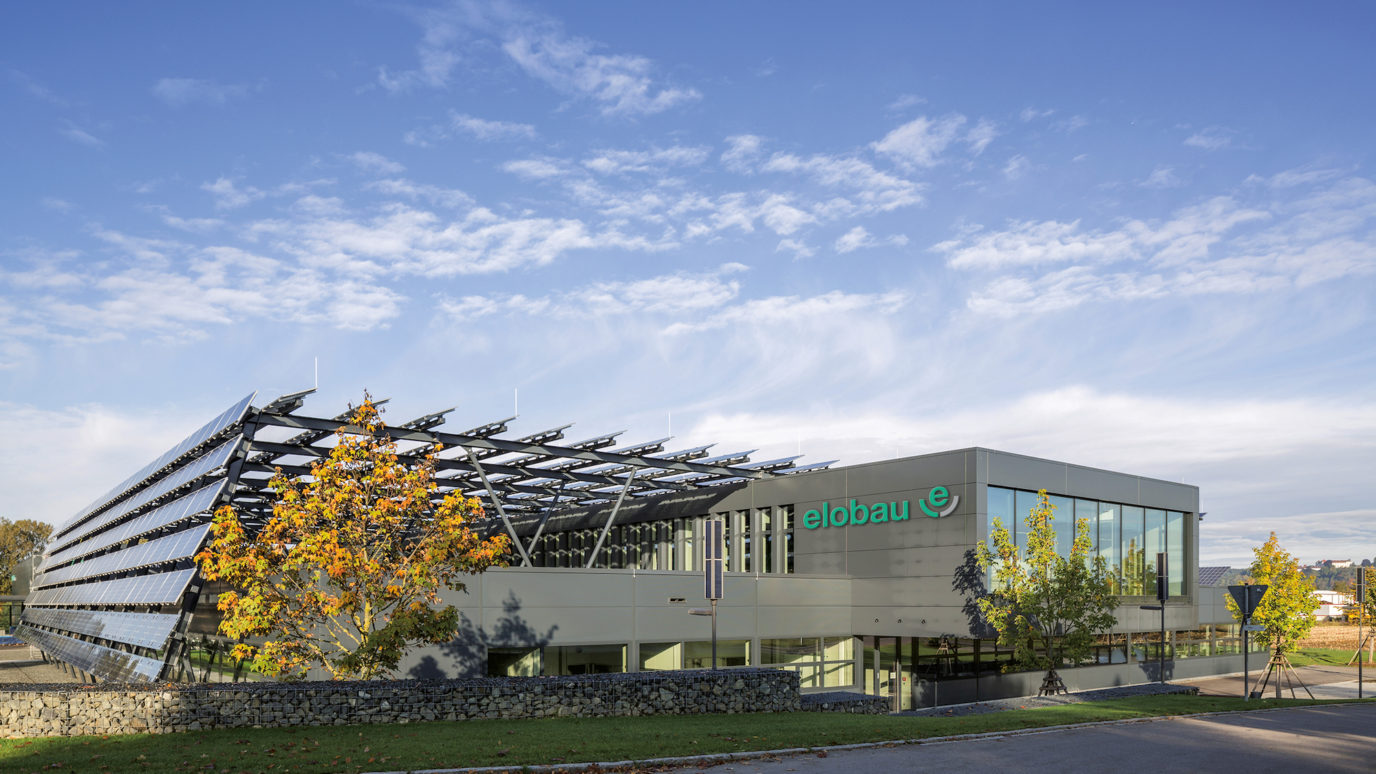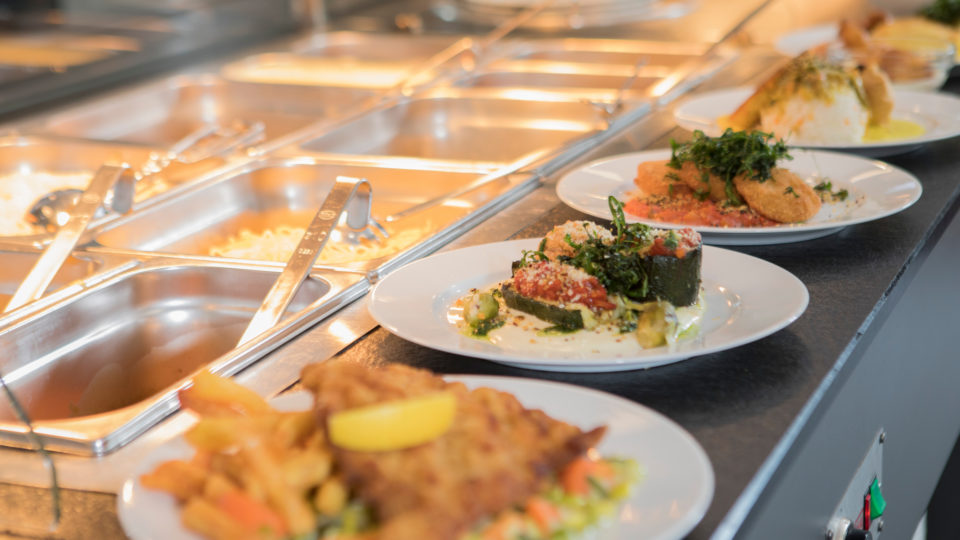

In our latest Economy for Common Good Report, we present the full balance sheets for 2018 and 2019. The result of 602 points was a 4.4% increase on the 2018 report. To remain a leader in the manufacturing sector and, to develop further, we have set ourselves high targets. These targets relate to energy and equity ratios, supplier certification, employee catering and plastic materials used.
1. Increase energy ratio to 80 %
A fundamental lever to become and remain climate neutral is the energy ratio. Our energy ratio was 69% in 2019. For 2025, we have set ourselves the goal of producing 80% of the energy we need ourselves. Using energy-plus buildings, photovoltaic systems and micro gas turbines, we have already been able to generate 3.9 GWh in both 2018 and 2019. We are approaching the 80% level in two ways: Firstly, through savings in consumption and secondly, by investing in more PV systems.
2. Keep equity ratio constantly above 70%.
The second goal deals with the equity ratio. So far, we have financed investments predominantly through equity. In 2019, our equity ratio was 72.4% – the industry average is around 35% in comparison. We aim to keep this ratio consistently above 70% until 2025, even with further investments. The equity ratio will be maintained in the event of additional investments by strengthening the equity base with retained earnings. In addition, it is possible to react quickly and flexibly to a wide range of requirements, which has proven to be particularly important in times of crisis.
3. Only certified suppliers
Our goals for the “Suppliers” department: by 2025, elobau only wants to work with suppliers who provide proof of working conditions and human rights. This will be achieved by analysing the supply chain and implementing a supplier assessment platform.
As part of the audit, important economic, ecological and social points are checked, evaluated using a points system and recorded. Improvement potentials and improvement results are exchanged. If a supplier needs support, we make our know-how available accordingly.
Our declared goal is long-term partnerships with "preferred suppliers" who want to go our way with us.
4. 25% vegetarian dishes in the bio-canteen
Sustainability also affects areas that are not primarily related to production – such as the organic canteen. Currently, 13% of meals offered in our company run organic canteen are vegan and vegetarian. This will rise to 25% by 2025. Organic products from the region are prepared daily in the organic canteen, which is not only open to employees.
Due to the current pandemic, the dining room is only available to elobau employees.

5. Increase the share of bio-based and recycled plastics in the product to 20%.
However, the product is much more tangible for customers and retailers. Here, the share of bio-based and recycled plastics will increase to 20% by 2025. elobau initiated the development of bio-based, petroleum-free plastics in 2015. We are considered an industry pioneer in this area. Our greatest success in this area is the modular armrest 225MA midi, which was ready for the market in 2019. 75% of the plastics used in it are bio-based. The abrasion-resistant armrest is made from biologically produced, environmentally friendly apple leather.


Comments
write a comment